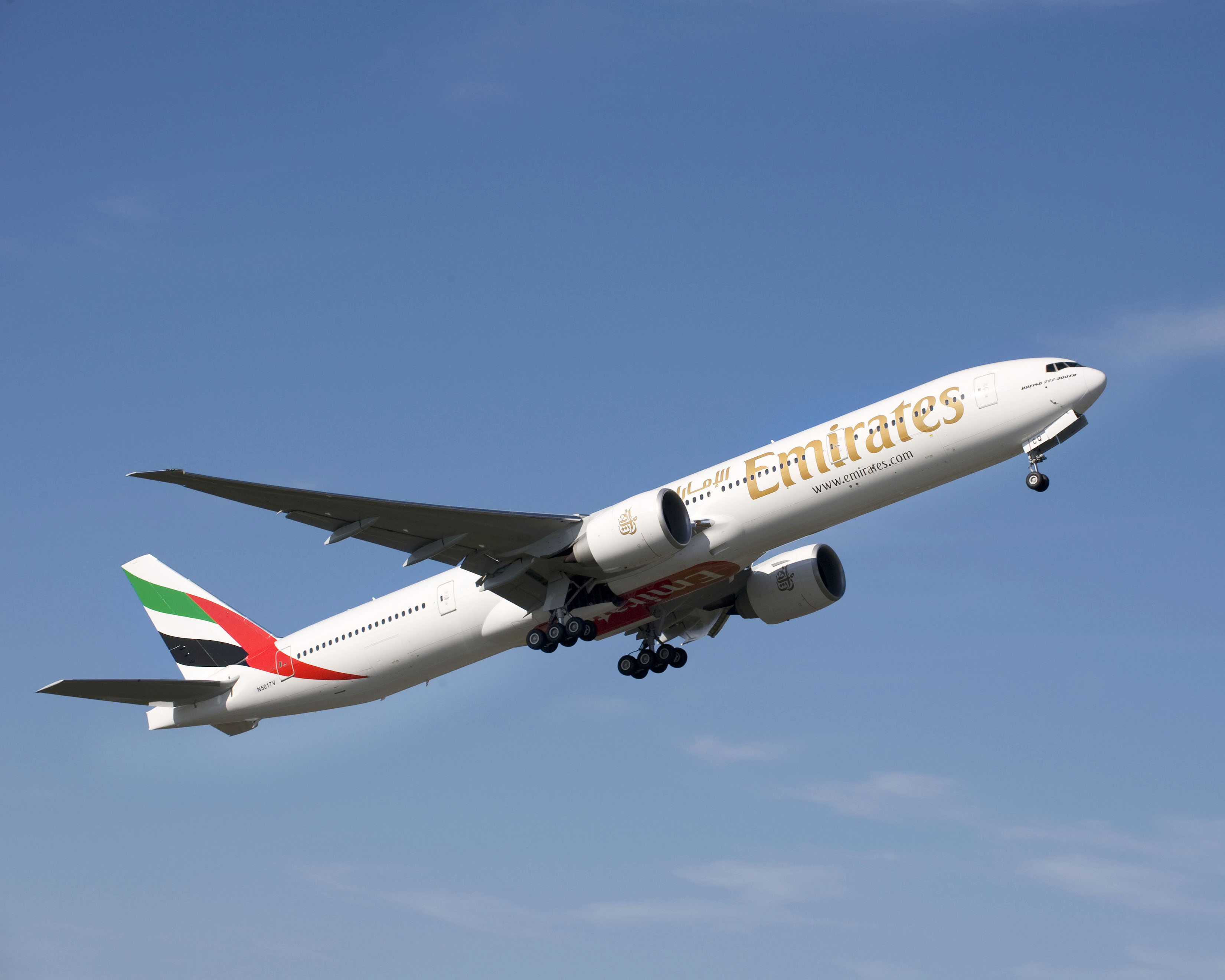Transportation
US and European Airlines Will Attack Subsidies to Mideast Carriers
Published:
Last Updated:

The general issue results from open skies agreements among the U.S. and European carriers and their Middle Eastern competitors: Etihad, Emirates and Qatar Airways, collectively called the “Middle East 3” or ME3. Under these agreements, the developed countries typically allow carriers from developing countries to operate under six so-called freedoms. The contentious freedoms are the fifth and sixth, which allow the carriers to transfer traffic from any of its aircraft to any other of its aircraft at any point on the route (that is number 5) and to serve points behind any point in its territory with or without an aircraft change (that is a shortened version of number 6).
In a white paper published in January of this year, the U.S. legacy carriers stated their case:
[T]he Open Skies agreements … place no restrictions on the ability of the airlines of Qatar and the [United Arab Emirates] UAE to provide direct service between their home countries and the United States. They place no limitations on destinations, frequencies, routes or how airlines price their services. They also include unlimited “fifth freedom” and “sixth freedom” rights. These additional rights vastly expand the value of the agreements for Qatar and the UAE … . The fifth freedom rights effectively allow Qatari and UAE airlines to provide commercial service between the United States and Europe (or the United States and Asia) as if they were U.S. or EU (or Asian) carriers. The sixth freedom rights allow them to aggregate local traffic flows from any country “behind” Qatar and the UAE, such as India or Australia, and transport them to/from the United States as if they were U.S., Indian or Australian carriers.
ALSO READ: 9 Analyst Stock Picks Under $10 With Massive Upside Calls
U.S. legacy carriers United Continental Holdings Inc. (NYSE: UAL), American Airlines Group Inc. (NASDAQ: AAL) and Delta Air Lines Co. (NYSE: DAL), as well as European carriers Lufthansa and Air France-KLM, have cried “Foul!” because they claim government subsidies to the ME3 enable the foreign carriers to charge lower fares and compete unfairly with the legacy carriers.
In early June, Etihad responded to the U.S. carriers that it has receive $14.3 billion in capitalization — $9.1 billion as shareholder equity and $5.2 billion in shareholder loans — from the Abu Dhabi government. According to a report in The Wall Street Journal, Etihad claims that state-ownership of an airline is not prohibited under the open skies agreement.
Aircraft manufacturers Airbus and Boeing Co. (NYSE: BA) are quite satisfied with the rise of the ME3. These airlines have ordered hundreds of planes from these two makers. Boeing, for example, has received orders for 230 new planes from Emirates since 2010 and has delivered 53 in the same period (some from prior orders). Emirates placed an order for 150 of Boeing’s 777X airplanes last July, and the airline’s CEO is trying to persuade Airbus to upgrade the A380, the world’s largest passenger jet. At the end of May, Airbus had delivered 60 A380s to Emirates and had outstanding orders for 80 more.
In a jab at the legacy carriers, Akbar Al Baker, CEO of Qatar Airways, told the IATA meeting Monday morning that protectionism is a threat to commercial aviation. The legacy carriers are pressing the U.S. government to consult with the UAE and Qatar governments. They also want the new access to the U.S. market temporarily suspended until the open skies situation is resolved.
ALSO READ: 7 IPOs for Week of June 8 Include 2 Biotechs
United Airlines shares were down nearly 5% at around noon Monday, trading at $51.43 in a 52-week range of $36.65 to $74.52. The company’s rating was cut from Strong Buy to Outperform at Raymond James earlier in the day and the price target was cut from $82 to $69 per share.
Delta traded down nearly 4.5%, at $41.04 in a 52-week range of $30.12 to $51.06. Raymond James also downgraded the airline, from Strong Buy to Outperform, with a price target cut from $60 to $53.
American Airlines traded down 5.3% to $39.50, in a 52-week range of $28.10 to $56.20. The stock was cut from Outperform to Market Perform.
The average American spends $17,274 on debit cards a year, and it’s a HUGE mistake. First, debit cards don’t have the same fraud protections as credit cards. Once your money is gone, it’s gone. But more importantly you can actually get something back from this spending every time you swipe.
Issuers are handing out wild bonuses right now. With some you can earn up to 5% back on every purchase. That’s like getting a 5% discount on everything you buy!
Our top pick is kind of hard to imagine. Not only does it pay up to 5% back, it also includes a $200 cash back reward in the first six months, a 0% intro APR, and…. $0 annual fee. It’s quite literally free money for any one that uses a card regularly. Click here to learn more!
Flywheel Publishing has partnered with CardRatings to provide coverage of credit card products. Flywheel Publishing and CardRatings may receive a commission from card issuers.
Thank you for reading! Have some feedback for us?
Contact the 24/7 Wall St. editorial team.